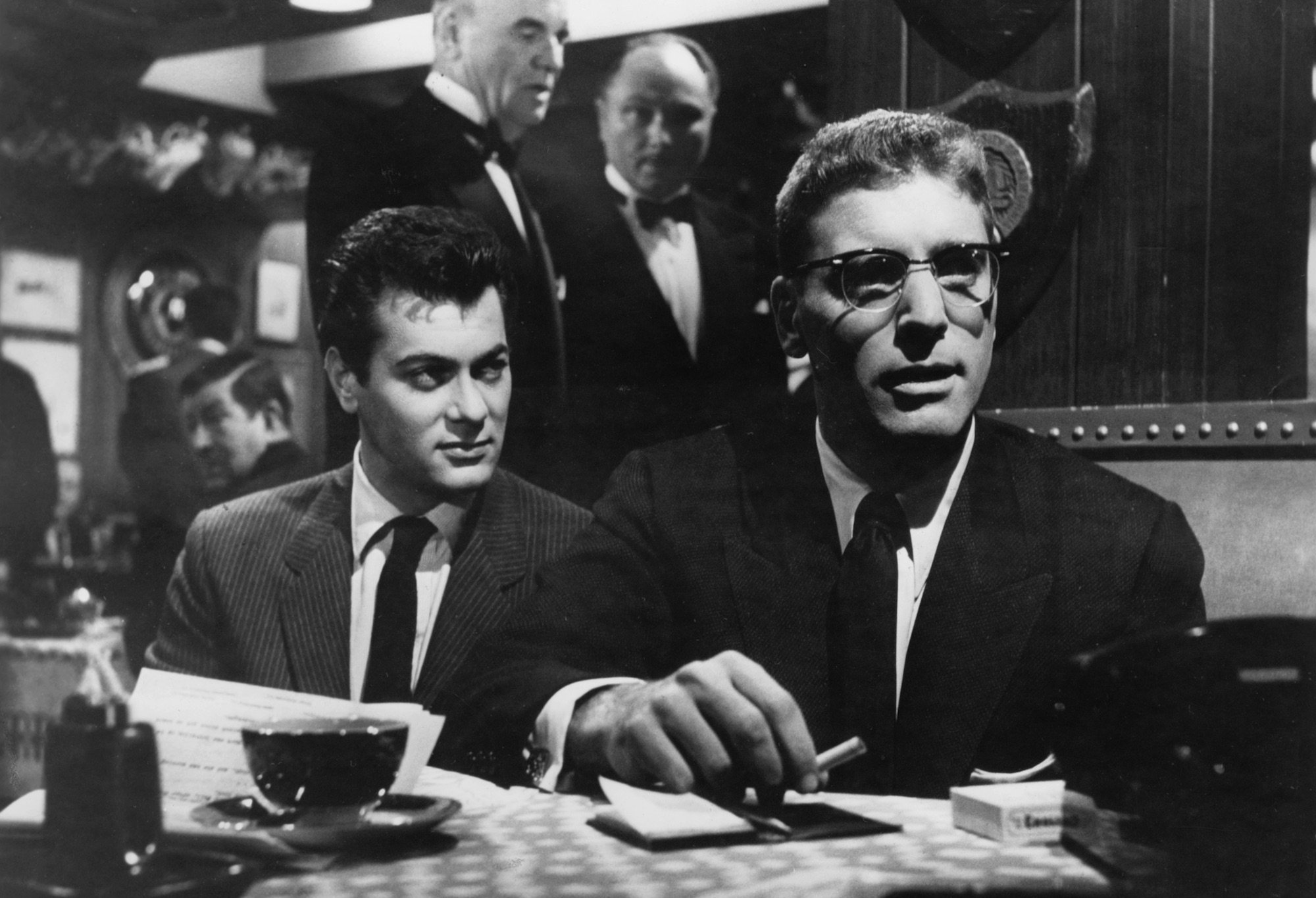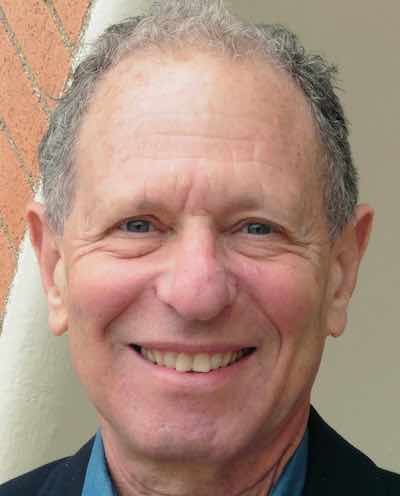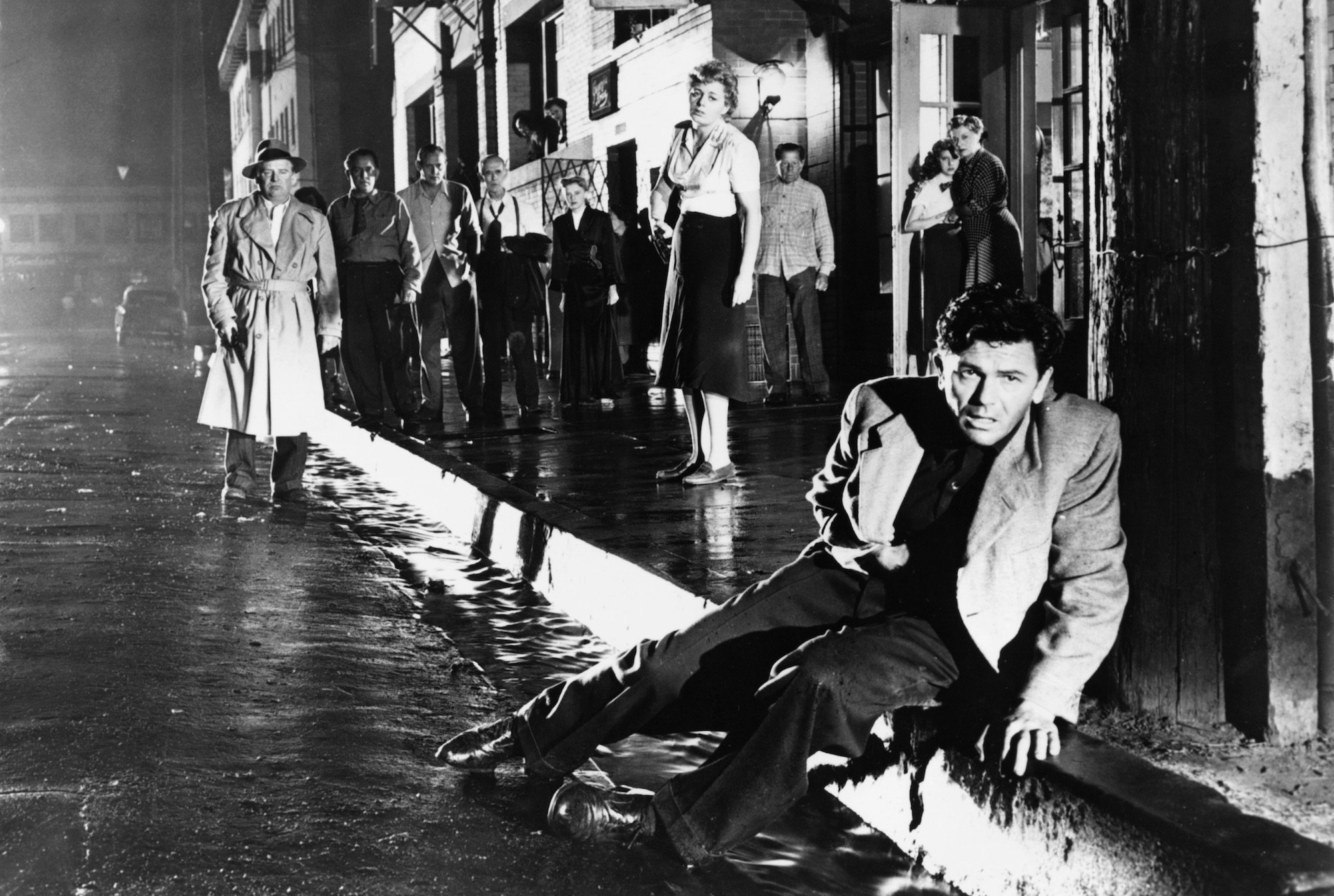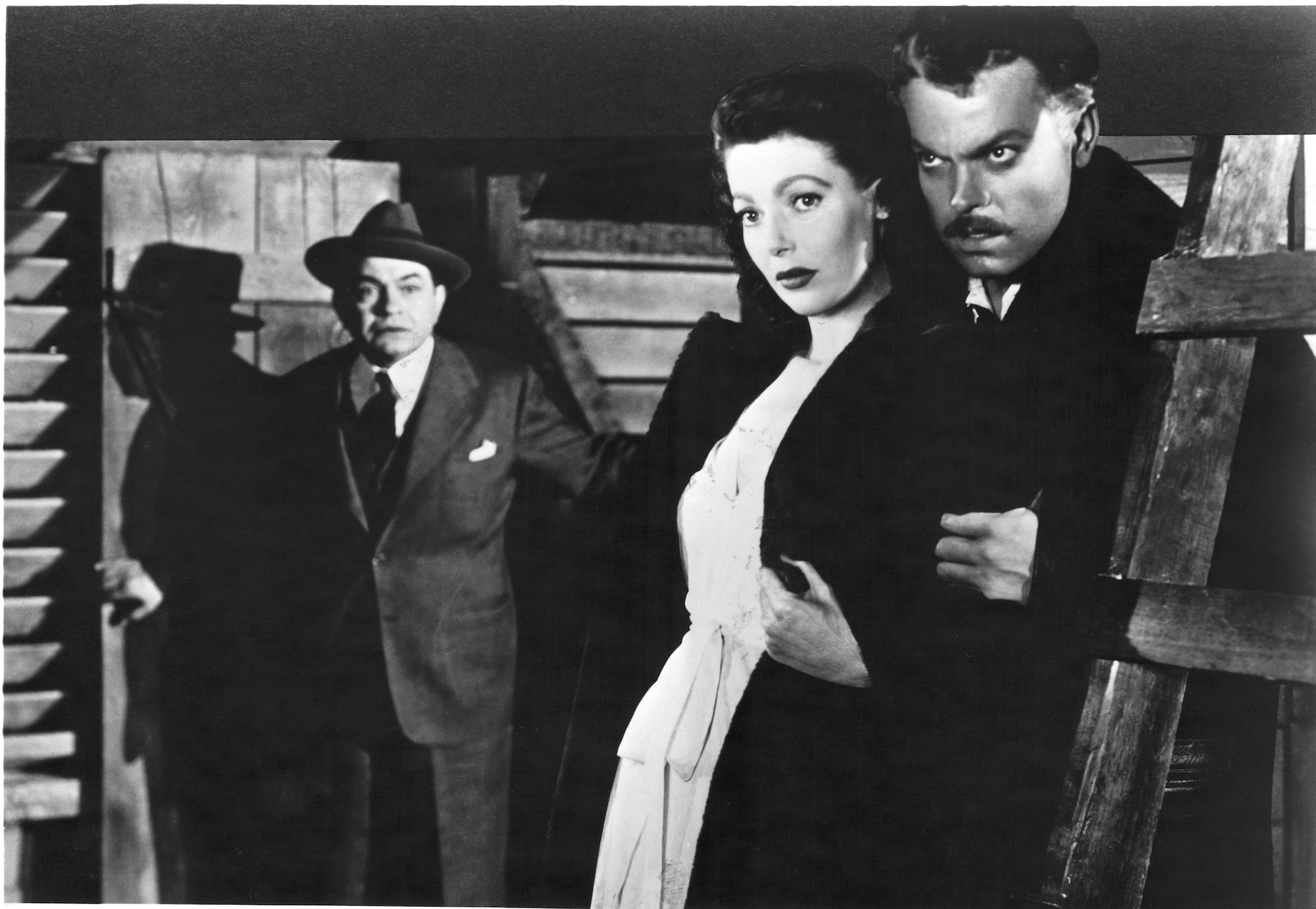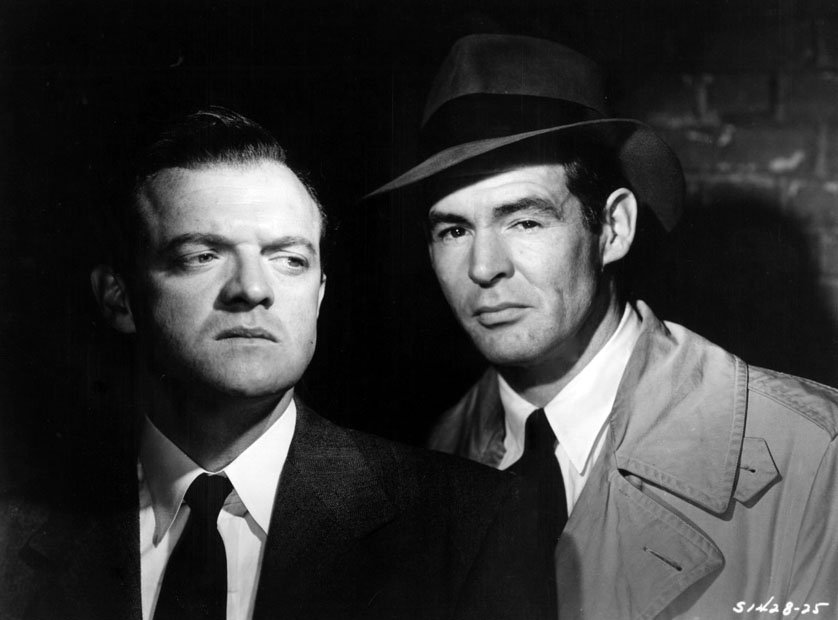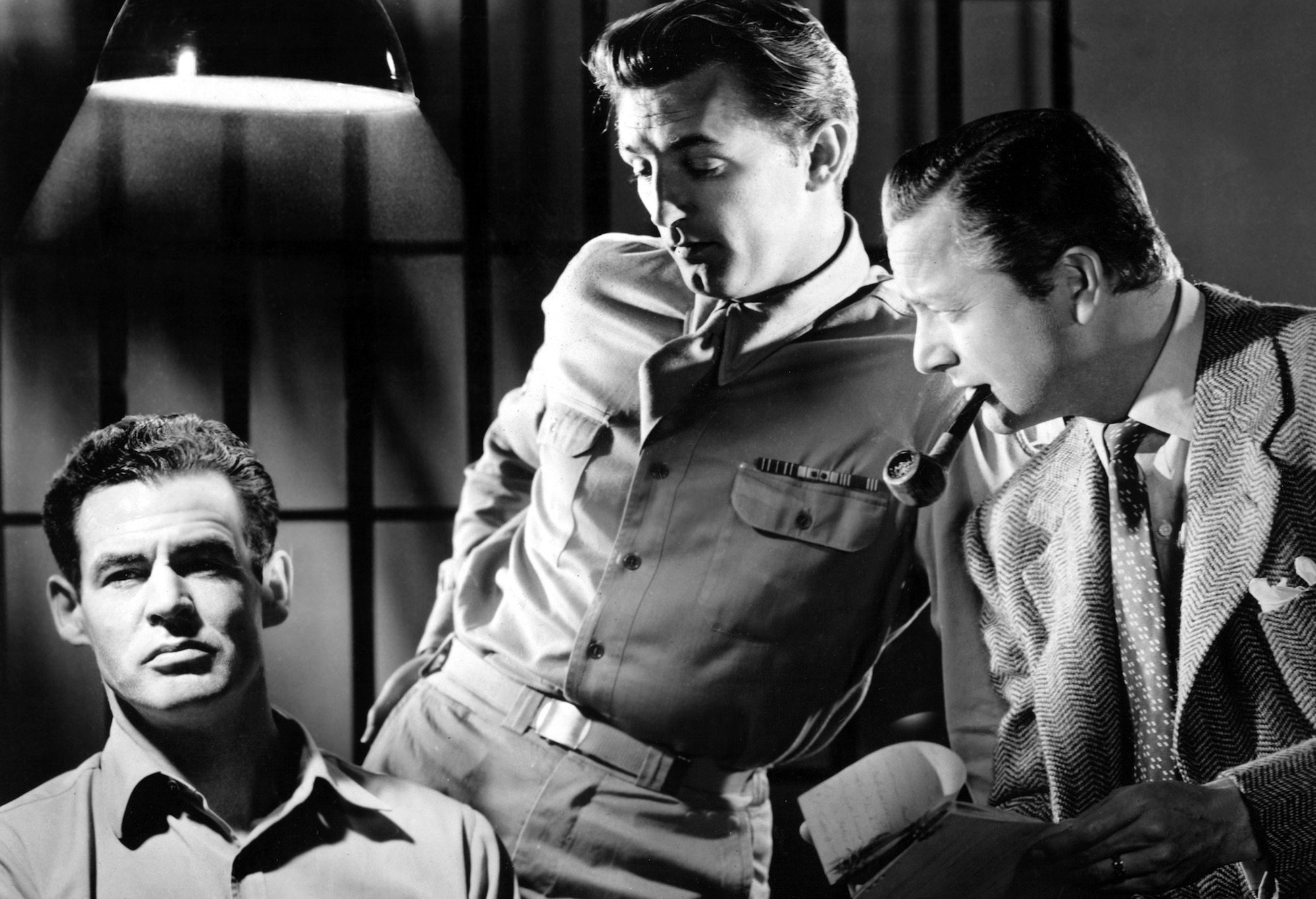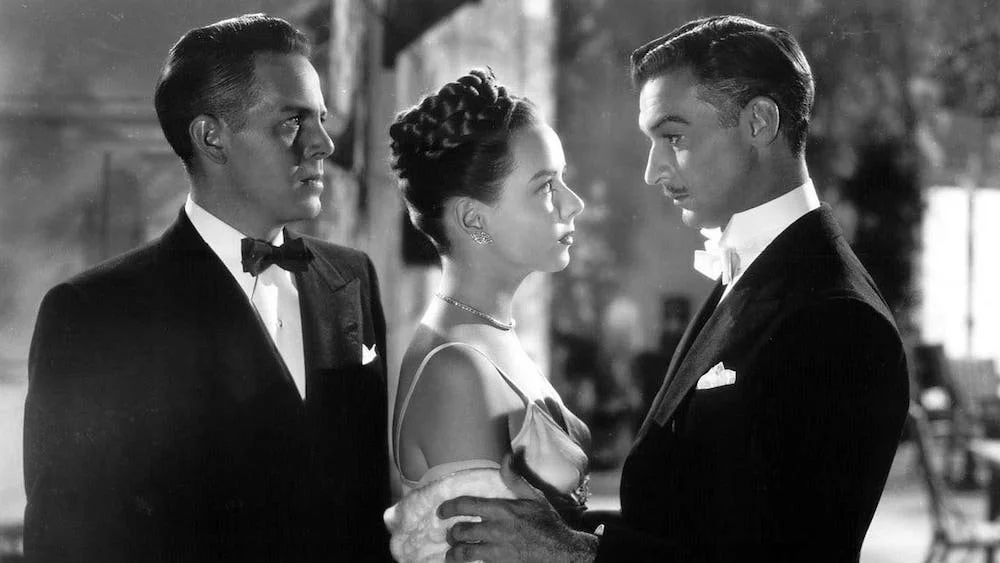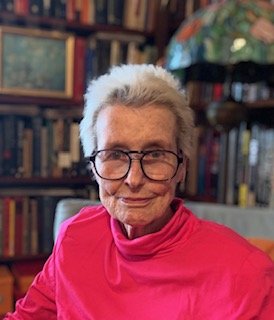This film will be available to stream for free over two days as a preview to the Third Annual Dr. Saul and Dorothy Kit Film Noir Festival. The viewing window for this film begins Saturday, March 19 at 12 am ET and ends Sunday, March 20 at 11:59 pm ET. Click “Tickets” to register and receive a confirmation email, which will include the link and password to the film. You will receive a reminder email when the film's streaming window begins.
We suggest streaming the film on a laptop/desktop computer using Chrome or Firefox (Safari is not supported). For those viewing on an iPhone or iPad, download the Swank Media Player before starting the film here.
1959 / 95 mins / b/w
Dir. Robert Wise / Sc. Abraham Polonsky and Nelson Gidding / Cine. Joseph C. Brun
Cast: Harry Belafonte, Robert Ryan, Shelley Winters
Streaming access courtesy of Swank
See below for a newly-recorded introduction to Odds Against Tomorrow from veteran producer and School of the Arts Film professor James Schamus.
“It’s more than a story…it’s an explosion!”
A production of Harry Belafonte’s own HarBel Productions, Odds Against Tomorrow offers shrouded testimony to Jewish participation in the Civil Rights Movement. To adapt William P. McGivern’s 1958 novel of the same name, Belafonte chose the then-blacklisted Jewish screenwriter Abraham Polonsky, who wrote under the cover name of black novelist John O. Killens, a friend of Belafonte’s. “I liked what I saw in Abe, what he stood for,” Belafonte explained.
For his take on the story, in which a racist white gangster (Ryan) is forced to work a bank heist with a black partner (Belafonte), Polonsky deliberately avoided the liberal humanism evident in similar race-themed films like The Defiant Ones (1958). As in most of Polonsky’s scripts, there is a notable lack of sentimentality: in his own words, “Odds Against Tomorrow is based on a situation that can have no other conclusion except destruction.” Polonsky also provided the motivation for the film’s jazz score, specifying in his script that the score should be “in a modern, moody, sometimes progressive jazz vein.” This would be realized by composer John Lewis of the Modern Jazz Quartet, working in collaboration with such jazz greats as Milt Jackson (vibes), Percy Heath (bass), and Bill Evans (piano) to create a score that Polonsky described as a “continuing and highly expressive voice in the story.” Another notable name in the film’s credits, meanwhile, is editor Dede Allen, working here on her first major feature in a career that would go on to include Bonnie and Clyde (1967), Dog Day Afternoon (1975), and The Breakfast Club (1985).
Finally, a word on Robert Ryan, one of the essential noir actors, who made something of a specialization in performances of venomous bigotry – anti-Black here, anti-Semitic in Crossfire (1947), anti-Japanese in Bad Day at Black Rock (1955). A committed leftist and pacifist, Ryan was well aware of the disparity between the roles he played and his personal beliefs, but was particularly tortured by his role in Odds Against Tomorrow. At a Screen Directors Guild preview for the black press, Ryan received permission to address the audience on “the problems of an actor like myself portraying the kind of character that in real life he finds totally despicable.” He also penned a remarkable article “I Didn’t Want to Play a Bigot,” published in Ebony in November 1959. After this film, Ryan would go on to serve on the cultural division of the Committee to Defend Martin Luther King, Jr., and helped organize Artists Help All Blacks with Sidney Poitier among others.


